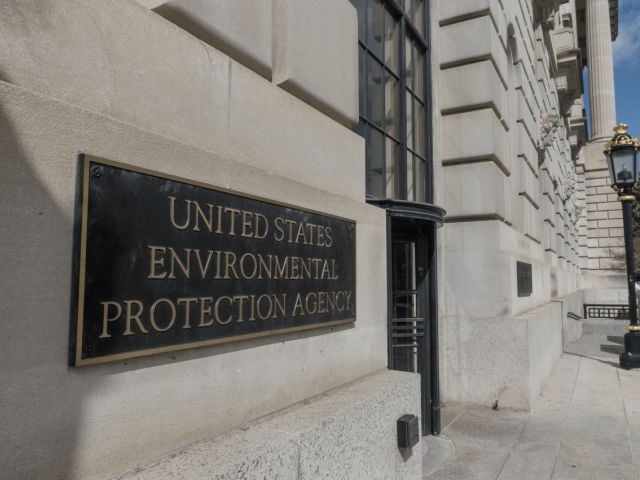Washington, DC – A new report released today shows that an Environmental Working Group proposal to reform the costly federal crop insurance program through the 2012 farm bill could save taxpayers up to $18.5 billion over 10 years and provide more farmers with a reliable safety net.
EWG commissioned Dr. Bruce Babcock, an economics professor at Iowa State University, to analyze the impact of offering farmers a free insurance policy that would cover 70 percent of average crop yield at 100 percent of the market price for the lost crop.
If farmers were charged a small fee to cover administrative costs, taxpayers would save $10.4 billion over 10 years and cover every acre planted with corn, cotton, rice, soybeans and wheat in 2011. Savings would grow to $18.5 billion over 10 years if only the acres insured in 2011 were covered by the new safety net. “The reality that giving away free insurance would actually save money underscores how inefficient the current system is,” writes Dr. Babcock.
Under the current system, farmers only pay a small portion of the policy premiums, and the private insurers that sell the policies pay less than half of the damage claims from crop revenue losses. Taxpayers pick up the rest, along with exorbitant administrative costs and agents’ commissions. The result is that one taxpayer dollar goes to insurance companies and agents for every dollar sent to farmers to pay claims.
The cost to taxpayers of the current crop insurance system has soared from $2.4 billion in 2001 to nearly $9 billion in 2011 as a result of high commodity prices and the generous premium subsidies that lead farmers to buy the most expensive insurance available.
A new Government Accountability Office report found that one farm business that had insured its cotton, tomatoes and wheat across two counties received $1.8 million in premium subsidies in 2010, while the average farmer received only $5,339. More stunning, GAO estimated that taxpayers sent $309,000 to insurance companies to administer the policies for this one large business alone.
The Congressional Budget Office predicts that taxpayers will spend $90 billion over the next ten years on the highly subsidized insurance program – far more than $66 billion the CBO predicts will be spent on traditional farm subsidies.
Instead of trying to save money and fix the egregious flaws of current insurance programs detailed by Dr. Babcock in a ![]() previous paper, some farm lobbyists and their allies in Congress have proposed layering an entirely new entitlement program on top of this ballooning insurance scheme. It would guarantee business income for the same large and profitable farm businesses that have been collecting the lion’s share of federal farm subsidies, and it would add $30 billion to the $90 billion taxpayers are already spending to insure farm business income.
previous paper, some farm lobbyists and their allies in Congress have proposed layering an entirely new entitlement program on top of this ballooning insurance scheme. It would guarantee business income for the same large and profitable farm businesses that have been collecting the lion’s share of federal farm subsidies, and it would add $30 billion to the $90 billion taxpayers are already spending to insure farm business income.
Conservation, food, research and other critical farm bill programs would be have to be cut in order to fund the new mandate.
“Dr. Babcock’s analysis shows that Congress could craft a farm bill that provides an effective farm safety net, protects food stamps, fully funds conservation programs and invests in healthy food while still meeting deficit reduction targets ” said Craig Cox, EWG’s Senior Vice President for Agriculture and Natural Resources. “That is the farm bill that taxpayers and consumers want.”
EWG is a nonprofit research organization based in Washington, DC that uses the power of information to protect human health and the environment. https://www.ewg.org


